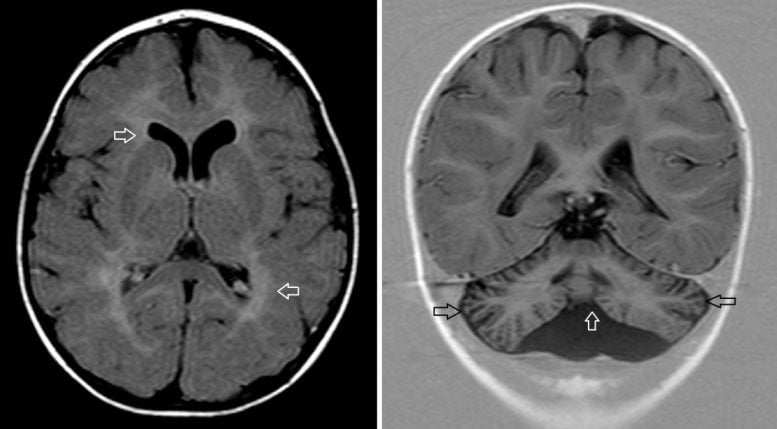
Unraveling a Genetic Enigma: Discovery of a Rare Protein-Folding Disorder Reshapes Brain Health
In a remarkable advancement in medical research, scientists at Washington University have cracked a decades-old mystery, identifying a rare genetic disorder linked to disruptions in the critical protein-folding process. This discovery illuminates previously uncharted territory in brain health and offers potential avenues for targeted treatment of rare neurological diseases.
The Diagnostic Challenge of Rare Diseases
Individuals with rare diseases often face an uphill battle for diagnosis and treatment. Approximately 30 million Americans struggle with symptoms that don’t fit known conditions, creating a complex diagnostic limbo for patients and medical professionals alike. The Washington University team tackled this challenge by closely analyzing patients’ genetic data and symptoms, leading to the identification of a previously unknown disorder caused by variations in the CCT3 gene. This gene governs a vital protein-folding process that, when disrupted, can lead to severe health impacts, especially affecting brain function.
How Protein Folding Impacts Brain Health
Protein folding is fundamental to cellular function, where proteins must adopt specific three-dimensional shapes to perform their roles. Disruptions in this process, as seen in the newly discovered disorder, cause proteins to misfold, which can impair brain function and overall health. Imagine a machine with misaligned gears; similarly, misfolded proteins disrupt cellular harmony, leading to neurological complications and other health issues.
Detailed Findings and Diagnostic Insights
The study observed distinct patterns of neurological impairment in patients with the CCT3 gene mutation, offering critical insights into the disorder’s symptoms and progression. These findings pave the way for improved diagnosis and potentially targeted treatment options, bringing hope to those affected by rare brain disorders.
Future Potential for Treatments and Therapies
This breakthrough holds immense potential for the development of personalized therapies for rare brain diseases. With a clearer understanding of the disorder’s genetic and biological underpinnings, researchers can now explore interventions such as pharmaceutical therapies, gene editing, and other innovative solutions tailored to this specific condition. The discovery signifies a major step forward in rare disease research, promising improved outcomes for patients and families in search of answers.
Driving Progress Through Persistence and Innovation
This discovery underscores the importance of scientific inquiry in transforming lives. By unraveling the intricacies of rare genetic disorders, researchers are not only solving longstanding medical mysteries but also laying the foundation for a future where effective, personalized treatments become widely accessible. Though challenges remain, the potential to enhance countless lives will continue to drive innovation and inspire breakthroughs in the field of brain health and beyond.
Originally published on SciTech Daily.
